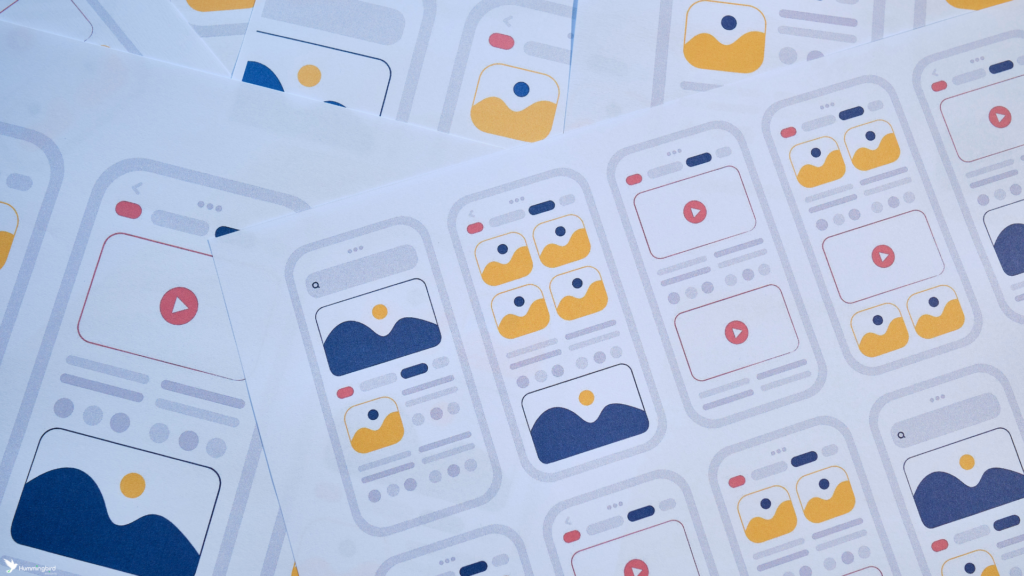There’s no getting away from the fact that the world of marketing has become more complex – more data, more products, more channels, shorter attention spans. And we can find ourselves caught up in complex strategies and convoluted processes. Yet, there's an age-old principle that advocates for the opposite approach: simplicity.
The KISS principle—Keep It Simple, Stupid—should be our guiding light. It encourages us to strip away the unnecessary and focus on what truly matters. In this article, we delve into the KISS principle. We explore its applications in service design, where it originated and how it can be applied across different facets of marketing and business. By the end, you will see why simplicity wins and how you can implement this mindset in your own strategies.

Understanding the KISS Principle
The KISS principle was coined by the U.S. Navy in 1960, emphasising that systems work best when they are kept simple rather than made complicated. The idea is straightforward: unnecessary complexity can lead to confusion, errors, and inefficiencies. So in a world where attention spans are dwindling and information overload is rampant, the KISS principle is more relevant than ever.

The KISS Principle in Service Design
Service design is an area where the KISS principle shines brightly. Here the goal is to create seamless, user-friendly experiences that meet customer needs – transporting them through the process effortlessly.
We need to create solutions that are intuitive and straightforward.

So, we need to understand users’ pain points, preferences, and behaviours – what are the mental models they follow? What are their priorities?
We need to remove unnecessary steps. A customer journey that is free of friction will lead to higher satisfaction rates.
On forms, we need to limit the amount of information people need to enter. Sticking to just the essentials makes for a better experience. Ask yourself why you need the information before adding a field.
And avoid jargon and complex terminology that may confuse your audience. It doesn’t make you look clever, or knowledgeable. But straightforward language does show you understand your audience.
The KISS Principle Beyond Service Design
While the KISS principle originated in service design, its applications can be applied far beyond – including marketing campaigns, product development, and customer service.

Why Simplicity Matters
There are multiple reasons why simplicity is relevant in your marketing strategies. Let’s start with improved understanding.
We want people to understand our product and unsurprisingly, simple messages are easier for consumers to understand. If your audience can quickly grasp your proposition, they are more likely to engage with your brand. Simple.
When it comes to making decisions, complexity can lead to analysis paralysis. In any situation where people have to make a choice, a simple and straightforward approach helps. This is true whether it’s choosing which jam to buy in the supermarket or which mortgage to choose. It allows people to make quicker and more confident decisions. It’s not just about the speed of decision making, but about feeling confident they’ve made the best decision for them.

A clear, simple message also fosters trust. People appreciate transparency and are more likely to remain loyal to brands that communicate effectively. They will feel that you’re on their side, rather than trying to confuse or trick them in some way.
The same is true of customer service. Who wants to listen to 10 options before selecting the number that hopefully meets your particular needs?

Whether it’s product features, communication messaging or customer experience, keeping it simple makes life easy for your customers.
The result happy customers.
Simple.
Uncover Deeper Truths. Talk to Hummingbird Insights

